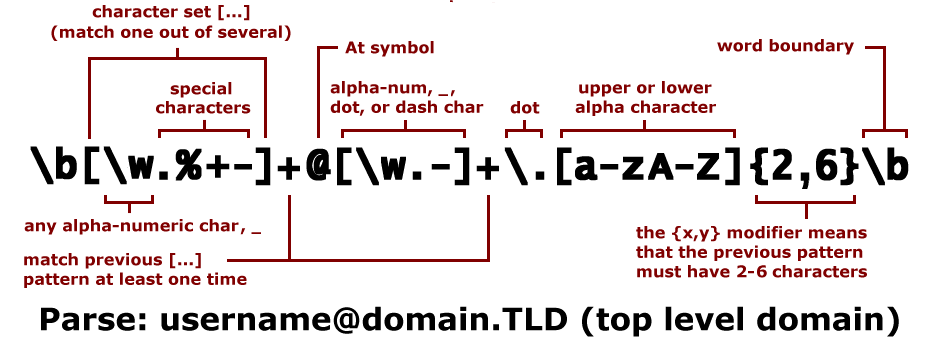
Not Even Artificial Intelligence Can Make Central Planning Work
The term wicked problem has become a standard way for policy analysts to describe a social issue whose solution is inherently elusive. Wicked problems have many causal factors, complex interdependencies, and no ability to test all of the possible combinations of plausible interventions. Often, the problem itself cannot be articulated in a straightforward, agreed-upon way. Classic examples of wicked problems include climate change, substance abuse, international relations, health care systems, education systems, and economic performance. No matter how far computer science advances, some social problems will remain wicked.
The latest developments in artificial intelligence represent an enormous advance in computer science. Could that technological advance give bureaucrats the tool they have been missing to allow them to plan a more efficient economy? Many advocates of central planning seem to think so. Their line of thinking appears to be:
These assumptions are wrong. Chatbots have been trained to speak using large volumes of text, but they have not absorbed the knowledge contained in the text. Even if they had, there is knowledge that is critical for economic operations that is not available to a central planner or a computer.






















